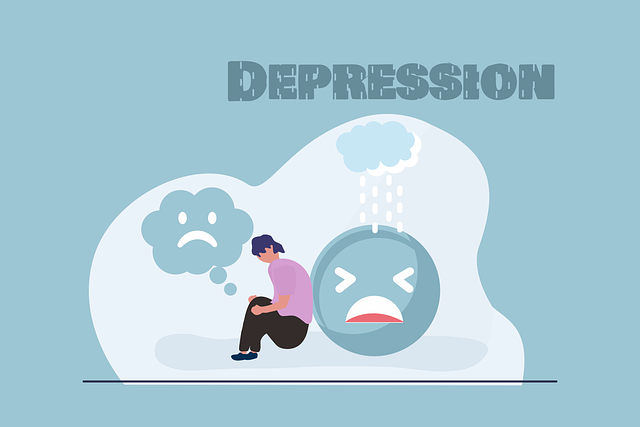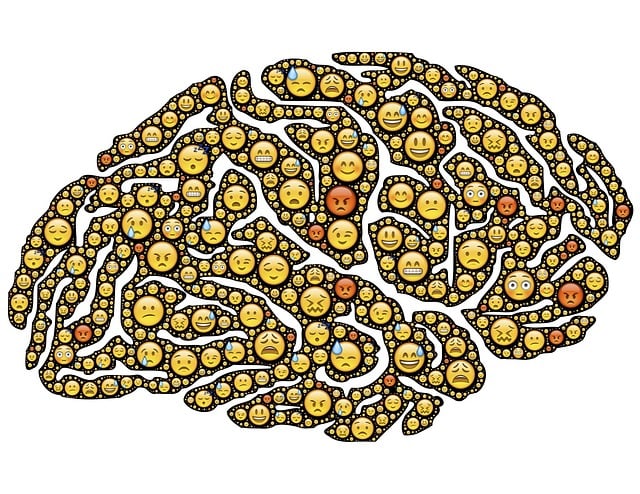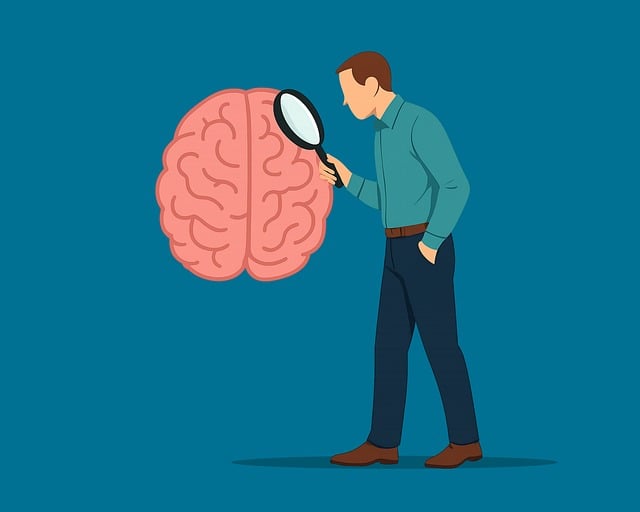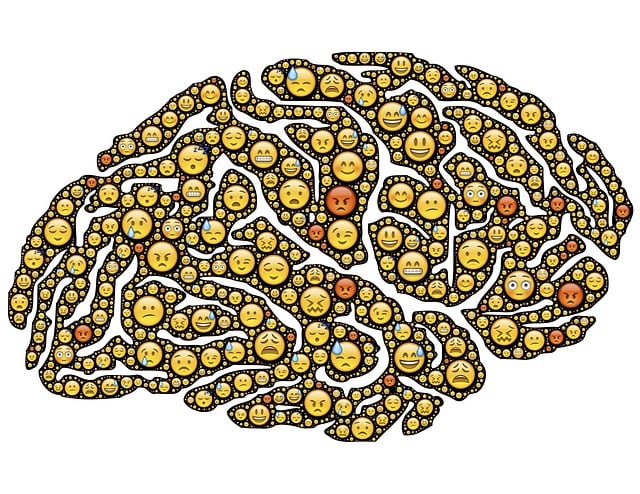Emotional Intelligence (EQ) is crucial for recovering from drug abuse in Longmont Drug Abuse-Substance Abuse Therapy programs, enabling individuals to manage emotions and navigate addiction's challenges. High EQ helps prevent relapse by reducing reliance on substances for stress relief through self-awareness and empathy. Therapy focuses on identifying emotional triggers, communication strategies, risk management planning, mindfulness techniques, positive thinking, and social skills development. These proactive approaches enhance emotional well-being, lower relapse risks, and promote long-term sobriety in a supportive environment.
Emotional intelligence (EI) plays a pivotal role in recovery from substance abuse, offering a powerful tool for navigating challenges and fostering long-term well-being. This article delves into the science behind EI, exploring its profound impact on individuals struggling with drug abuse in Longmont. We’ll dissect how identifying emotional triggers can break cycles of addiction, while providing practical strategies to enhance self-awareness and manage emotions effectively. Additionally, we’ll uncover the significance of empathy and social skills in building supportive connections for a successful recovery journey.
- Understanding Emotional Intelligence and its Impact on Recovery
- Identifying Emotional Triggers and Their Role in Substance Abuse
- Strategies to Enhance Self-Awareness and Self-Management Skills
- Building Empathy and Social Skills for Effective Communication and Support
Understanding Emotional Intelligence and its Impact on Recovery

Emotional intelligence (EQ) plays a pivotal role in recovery from drug abuse and substance use disorders. Longmont Drug Abuse-Substance Abuse Therapy programs increasingly recognize its importance, as EQ empowers individuals to understand and manage their emotions effectively. This is crucial for navigating the challenges of addiction, building inner strength, and developing a robust self-care routine for better mental health. By enhancing emotional regulation, people in recovery can make more thoughtful decisions, foster healthier relationships, and create a supportive network that promotes long-term sobriety.
High EQ individuals are better equipped to handle stressful situations without resorting to substance use as a coping mechanism. They possess the self-awareness and empathy needed to recognize triggers, understand their emotional responses, and implement healthy strategies for stress management. This proactive approach to emotional intelligence development can significantly reduce the risk of relapse and foster a more fulfilling recovery journey.
Identifying Emotional Triggers and Their Role in Substance Abuse

Identifying emotional triggers is a crucial step in understanding and addressing substance abuse issues. Many individuals turn to drugs or alcohol as a coping mechanism to numb or suppress difficult emotions, creating a cycle that can lead to Longmont drug abuse. For instance, someone struggling with anxiety might use substances to temporarily alleviate their fear and stress, but this only provides short-term relief, often exacerbating the underlying emotional problems.
In substance abuse therapy, learning communication strategies and adopting mind over matter principles are essential tools. By recognizing and expressing emotions healthily, individuals can break free from these destructive patterns. Mental health professionals play a vital role in teaching risk management planning to help clients navigate their emotional triggers effectively. This process involves identifying specific situations or feelings that lead to substance use, developing healthier alternatives, and implementing strategies to cope with those triggers in a more positive manner.
Strategies to Enhance Self-Awareness and Self-Management Skills

Developing self-awareness is a crucial step in building emotional intelligence. Individuals can start by reflecting on their emotions and thoughts regularly. Keeping a journal to document feelings, triggers, and responses can help identify patterns and gain deeper insights. This process allows for better understanding of one’s emotional landscape, enabling individuals to recognize when they’re experiencing strong emotions or engaging in unhelpful behaviors.
In addition, practicing mindfulness techniques such as meditation or deep breathing exercises can enhance self-awareness. These practices encourage staying present and attentive to the moment, fostering a greater connection with one’s thoughts and feelings. Longmont Drug Abuse-Substance Abuse Therapy often incorporates crisis intervention guidance and stress reduction methods to help individuals manage their emotions effectively. Encouraging positive thinking through affirmations and cognitive restructuring also plays a vital role in self-management.
Building Empathy and Social Skills for Effective Communication and Support

Building empathy and enhancing social skills are essential components of emotional intelligence development, which can significantly impact one’s ability to navigate relationships and provide support, especially in contexts like Longmont Drug Abuse-Substance Abuse Therapy. Empathy allows individuals to understand and share the feelings of others, fostering deeper connections and enabling more nuanced communication. This skill is vital for healthcare providers, as it promotes cultural competency training, where professionals can better appreciate and respond to the diverse needs of their patients.
Effective communication arises from empathy, ensuring that messages are conveyed sensitively and with consideration. In the case of stress reduction methods, building empathy encourages therapists to tailor their approach, fostering an environment where clients feel heard and understood. Positive thinking is also enhanced through empathetic interactions, as it promotes a more optimistic outlook and resilience when facing challenges related to substance abuse therapy.
Emotional intelligence (EI) plays a pivotal role in recovering from substance abuse, as it equips individuals with the tools to navigate their emotions and build healthy relationships. By understanding EI and its impact on recovery, identifying emotional triggers, enhancing self-awareness and management skills, and cultivating empathy and social skills, those seeking help at Longmont Drug Abuse-Substance Abuse Therapy can significantly improve their chances of achieving lasting sobriety and fostering meaningful connections. These strategies empower individuals to break free from the cycle of addiction and embrace a brighter future.














